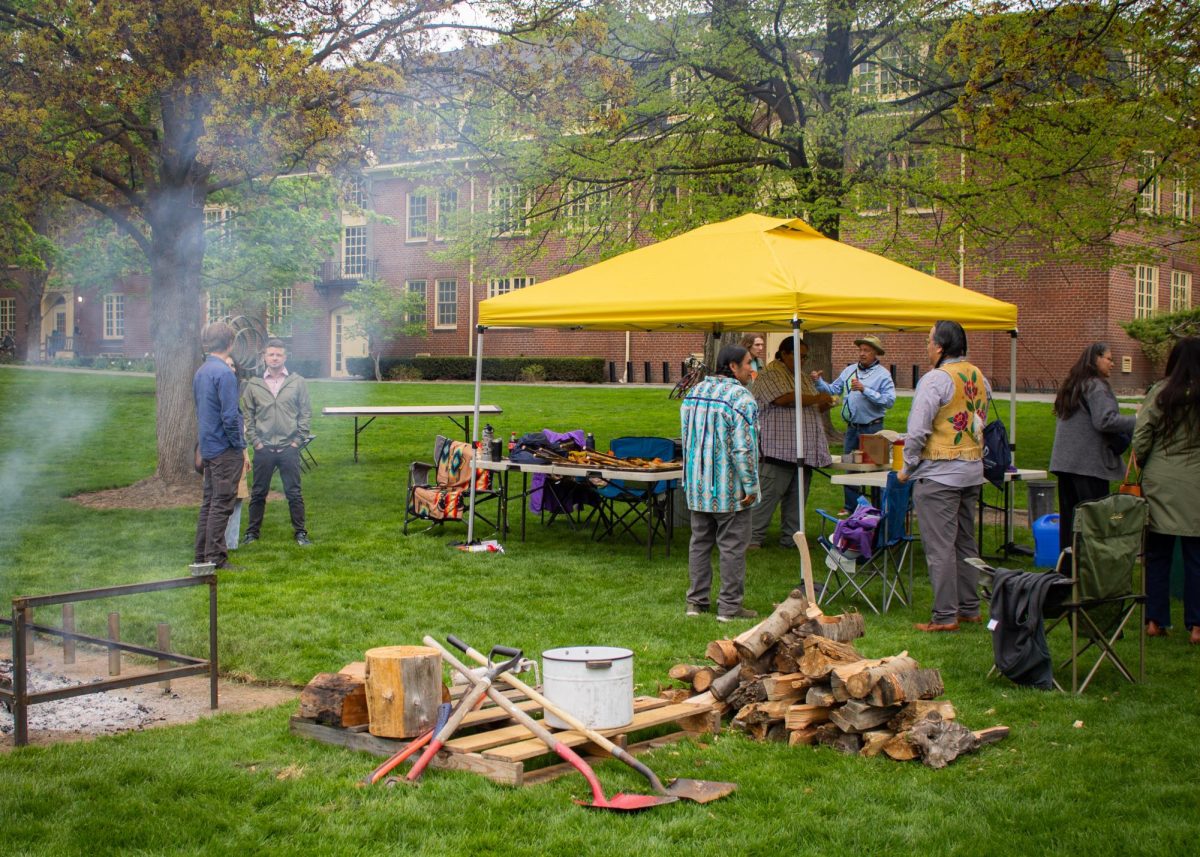
While Whitman’s Board of Trustees prepares to meet on campus Nov. 5 and 6, who the board is and what it does remains unknown to many Whitman students. Tony Cabasco, dean of admission and financial aid, remembers when as a student he too felt in the dark regarding the Board.
“As a student I thought it was some mythical board with closed doors and smoke rooms,” said Cabasco.
Despite its obscurity, the board influences students’ experience at Whitman perhaps more than any other single entity.
“The trustees work on all kinds of policies and financial matters for the college. They set the budget each year, approve new faculty lines and tenure decisions, decide which building projects the college will undertake, assist with fund raising, the list goes on and on . . .” said Jed Schwendiman, associate to the president, via e-mail.
The biggest topics on the agenda for the board’s upcoming meeting will be budget and tuition levels for next year, current and future building projects and fund raising, according to Schwendiman.
Judge Robart, chairman of the board, is working actively with students to improve communication between the board and the student body.
“I know there’s an assumption that there’s no interest in student affairs; maybe students always feel that way,” Robert said. “I think there’s a lot of times the question ‘what would be helpful?’ is one that students can answer better than we can.”
ASWC President senior Nadim Damluji and ASWC Advocacy Coordinator senior Will Canine have been student representatives on the board since their sophomore year. Sitting on board committees that most directly concern students, such as the Diversity Committee and Student Affairs, allows the two seniors to tell trustees what the student body thinks would be helpful and inform the student body about what the board is doing.
“[The trustees] love having us on the committees,” said Canine.
Judge Robart seconds that claim.
“I think our feeling is that the experiment, no longer the experiment, of having students on various trustee committees has gone really well,” he said. “Students obviously spend a lot of time here, living here, and the Governing Board members come three times, four times a year so the students have a very valuable point of view they can share with those committees.”
The hardest part of being a student representative on the board, Canine explained, is determining what student voice he should bring.
“I find myself constantly tempering my positions by trying to represent all students,” he said.
ASWC is currently looking for three students to be student representatives on the board, preferably sophomores so as to provide more continuity. Applicants will be chosen by the ASWC Nominations committee.
Less known to students is how trustees are selected and what their position entails.
“The principal qualification to be a Whitman trustee is a passion for Whitman,” said Robart. “We ask you to give up a bunch of your spare time and devote it to a cause that is this College.”
The 18 trustees serve a maximum 12-year term and work in conjunction with the Board of Overseers, who serve as advisors to the trustees. They are not compensated for their work and represent some of the larger donors to campus improvements.
The trustee nominating committee elects new trustees, including this year’s three additions to the board: Megan Salzman Medica, a Whitman alumna; Nancy Serrurier, a parent of a Whitman student; and David Nierenberg, who brings substantial financial experience.
The board works with the Deans of Whitman, including Cabasco who collaborates with the Board’s Enrollment Committee.
“They rely on us to provide the information they need to help engage them in those types of committees,” Cabasco said.
Although the idea of closed doors and smoke rooms may still persist, in the future more efforts are planned to provide insights for the trustees about the school and vice versa.
“I think students might wonder what Trustees do, it’s not nearly as mysterious as you might think. We try to give instructions to the administration, they try to carry it out; the administration brings a lot of ideas to us, and we talk to them,” said Robart.








